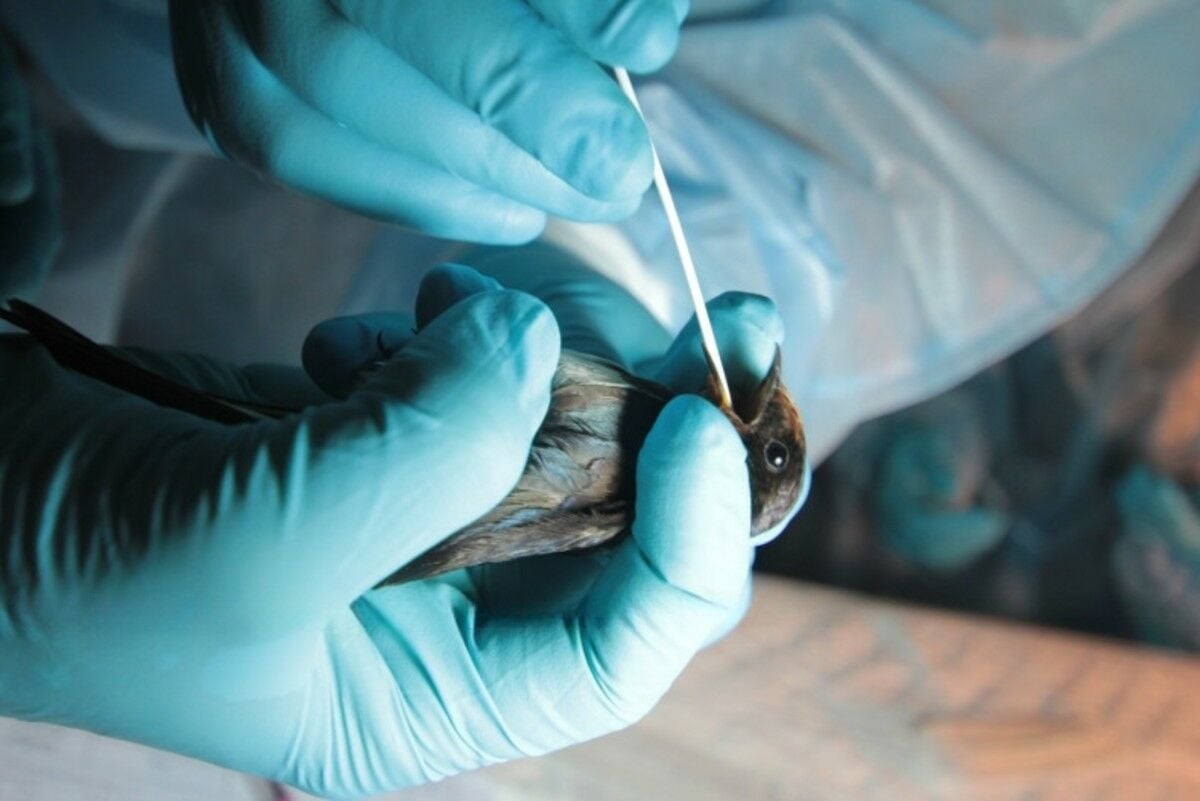Thailand takes measures to curb bird flu amid regional outbreaks

Public health officials in Thailand are ramping up measures to prevent the spread of bird flu within the country amid increasing cases in neighbouring regions and a recent outbreak in the US.
The Department of Disease Control (DDC), along with the Livestock Department and the Department of National Parks, Wildlife, and Plant Conservation (DNP), is actively preparing for any potential outbreak, according to DDC director-general Panumas Yanwetsakul.
Thailand has remained free of bird flu since 2006, but the director-general highlighted global concerns. The Centres for Disease Control and Prevention in the US reported that 64 individuals across nine states contracted the H5N1 virus this year. Among them, 39 had contact with infected cattle, 23 were exposed to diseased birds, and the remaining two contracted the virus from unidentified sources.
The World Health Organisation (WHO) reported 939 bird flu cases worldwide since 2003, resulting in 464 fatalities across 24 countries. This year, alongside the United States, the virus has been detected in neighbouring countries to Thailand, including Vietnam, Cambodia, and Laos.
Thailand’s geographical position in Southeast Asia, coupled with significant transnational travel and extensive poultry farming, places the country at potential risk.
“The DDC has been working with various parties under the One Health system to prevent any outbreaks from happening in the country.”
To bolster prevention efforts, DDC deputy director-general Direk Khampaen announced heightened surveillance and protection measures, particularly in hospitals. Screening checkpoints have been established, and screening procedures have been intensified. Individuals exhibiting symptoms such as coughing, muscle tension, or breathing difficulties, especially if they have been in contact with birds or cattle, are advised to seek medical testing promptly.
Farmers have been urged to report any unusual deaths among livestock, especially birds and cattle, to local officials without delay. Additionally, preventive strategies have been prioritised for those at greater risk of exposure, including medical staff, livestock officers, and parks and wildlife officers. These individuals are encouraged to receive the annual influenza vaccine, which decreases the likelihood of contracting bird flu.
Direk further emphasised the importance of enhancing vaccine security in Thailand by promoting local flu shot production. This initiative aims to reduce reliance on imported vaccines and bolster the country’s preparedness for future emergencies, reported Bangkok Post.
Latest Thailand News
Follow The Thaiger on Google News:


























